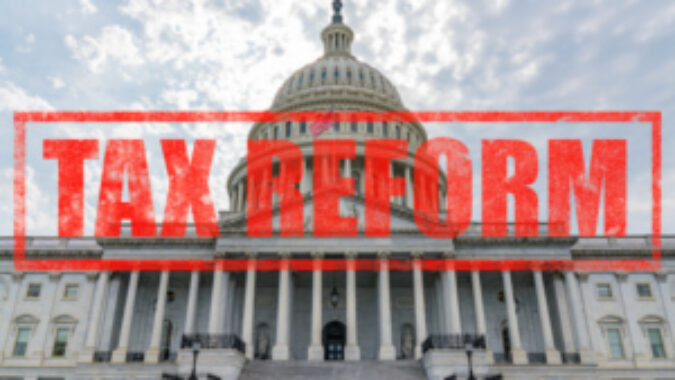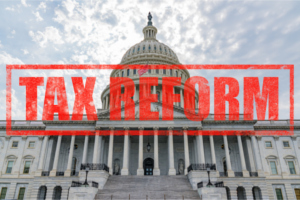New Jersey taxpayers will not be allowed to fully deduct charitable contributions in lieu of property taxes under draft rules released yesterday by the IRS and U.S. Department of Treasury. Gov. Phil Murphy said his administration is looking at ways to challenge the new rules.
The move stems from a provision of the Tax Cuts and Jobs Act that capped deductions for state and local taxes (SALT) at $10,000. Many taxpayers in New Jersey pay more than $10,000 and will therefore lose an important federal tax deduction for 2018.
To get around the limit, New Jersey enacted a law in May that allows municipalities to set up charitable foundations for the collection of money that would otherwise be paid as property taxes, since charitable contributions are still deductible. Municipalities would decide for themselves whether or not to give their taxpayers the option.
“It is no secret that New Jersey’s middle class will be taking it on the chin with a $10,000 cap,” Murphy said when he signed it. “Today, we are taking a step to restore the property tax relief that the new federal law is set to take away.”
Today’s rules would effectively end those deductions.
The IRS gave this example of how the new rules would work:
“If a state grants a 70 percent state tax credit and the taxpayer pays $1,000 to an eligible entity, the taxpayer receives a $700 state tax credit. The taxpayer must reduce the $1,000 contribution by the $700 state tax credit, leaving an allowable contribution deduction of $300 on the taxpayer’s federal income tax return. The proposed regulations also apply to payments made by trusts or decedents’ estates in determining the amount of their contribution deduction.”
“Congress limited the deduction for state and local taxes that predominantly benefited high-income earners to help pay for major tax cuts for American families,” said Treasury Secretary Steven T. Mnuchin. “The proposed rule will uphold that limitation by preventing attempts to convert tax payments into charitable contributions. We appreciate the value of state tax credit programs, particularly school choice initiatives, and we believe the proposed rule will have no impact on federal tax benefits for donations to school choice programs for about 99 percent of taxpayers compared to prior law.”


